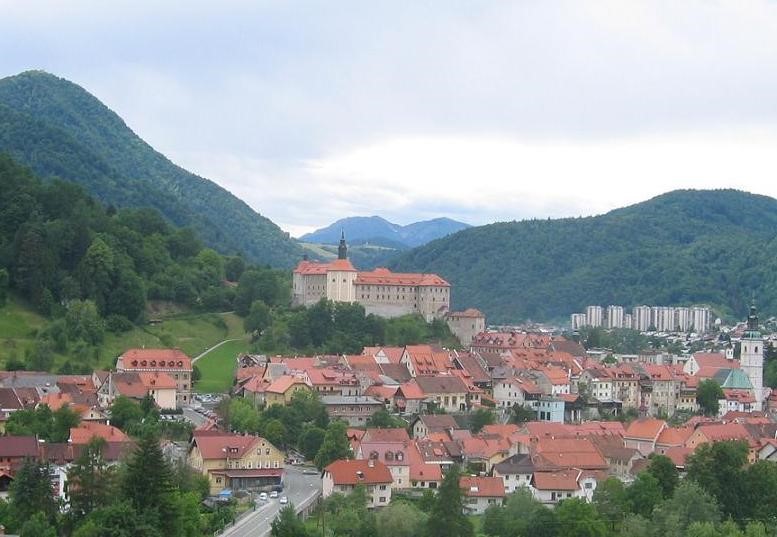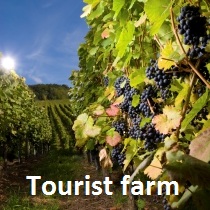SloveniaHolidays.com > Info > Slovenian culture
Škofja Loka – where history remains to be seen
Škofja Loka is a historical medieval city in Upper Carniola region of Slovenia, located only 25 kilometers northwest from the nation's capital. The town's history began in 973 when Emperor Otto II granted the territory of Loka to Bishop Abraham of Freising in the Duchy of Bavaria. Abraham of Friesing is an important historical figure among the Slovenes, since the Freising manuscripts, the first Latin-script continuous text in a Slavic language and the oldest document in Slovene, originated under his tenure. Freising's lordship lasted for more then 800 years when it was abolished by the Habsburg Monarchy. In 1248 Škofja Loka was mentioned as a market for the first time. Only 26 years later, in 1274, it gained municipal rights.

Throughout it's long history, Loka has been attacked by plagues, fires and earthquakes. City was especially badly hurt by the eartquake of 1511, after which it was extensively rebuilt. After that it has retained it's image and now, after almost 500 years, it's one of the best preserved medieval towns in Slovenia. Locals divide the old Loka into two main areas – the Plac (the above market) and the Lontrg (the below market). The well known Škofja Loka Castle remained town's main symbol to present days. Historicaly, the castle has been the place of administrator of the town. Today it hosts the Museum of Škofja Loka and offers visitors an interesting insight into history, culture, art-history, ethnology and natural science of Škofja Loka's territory.







